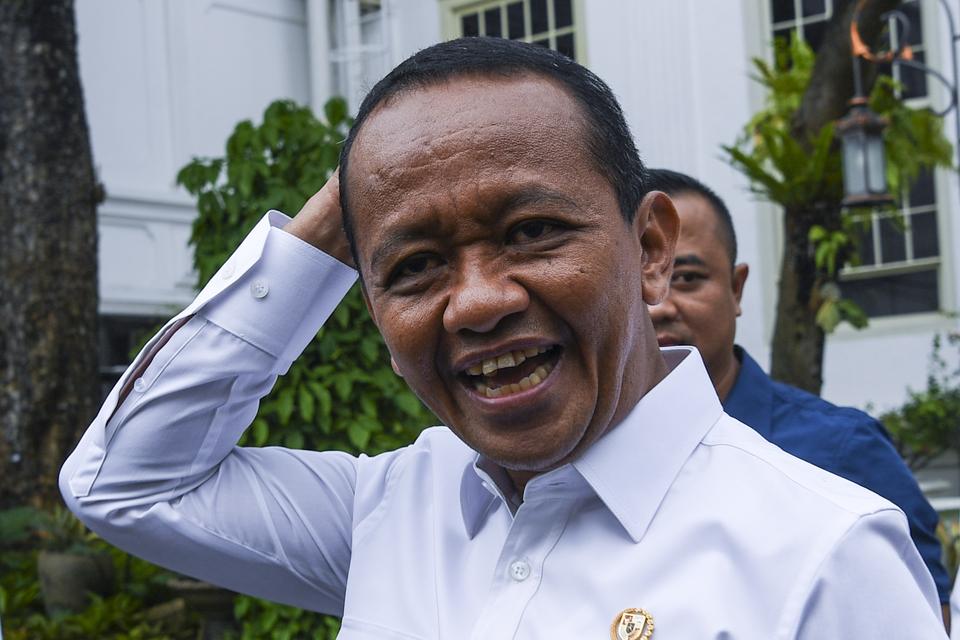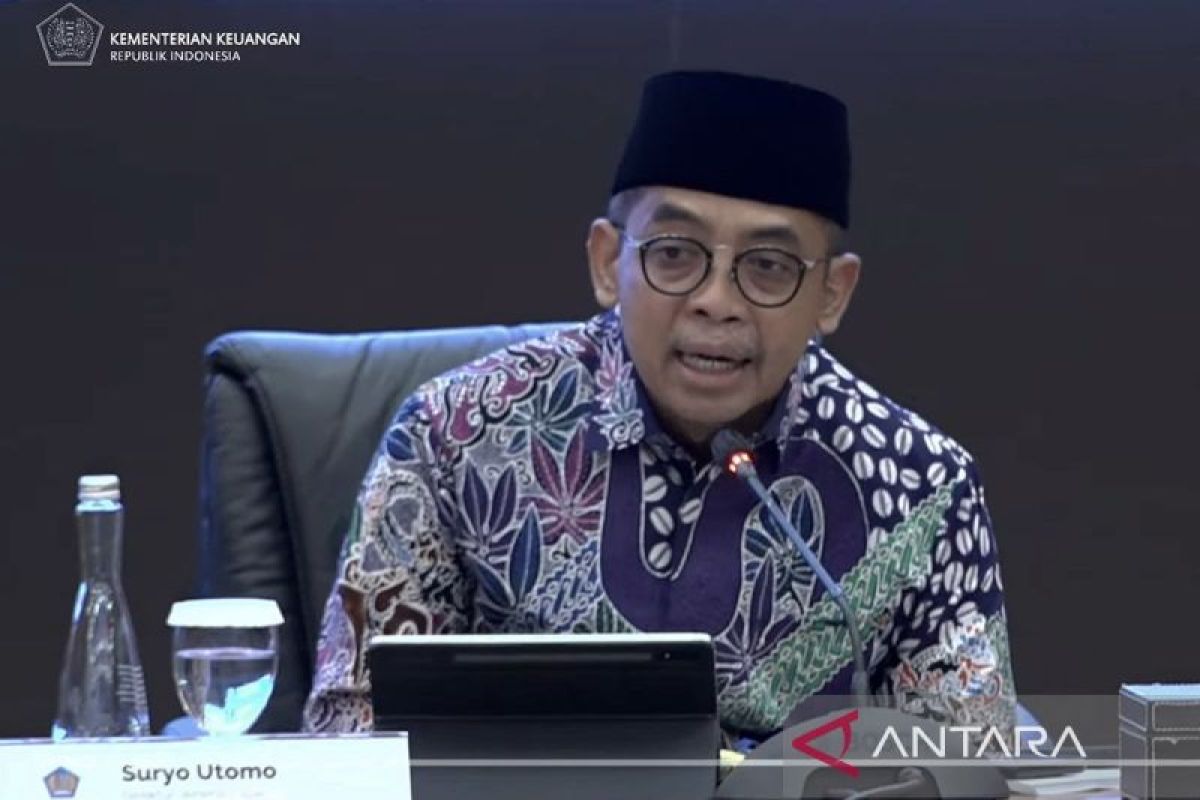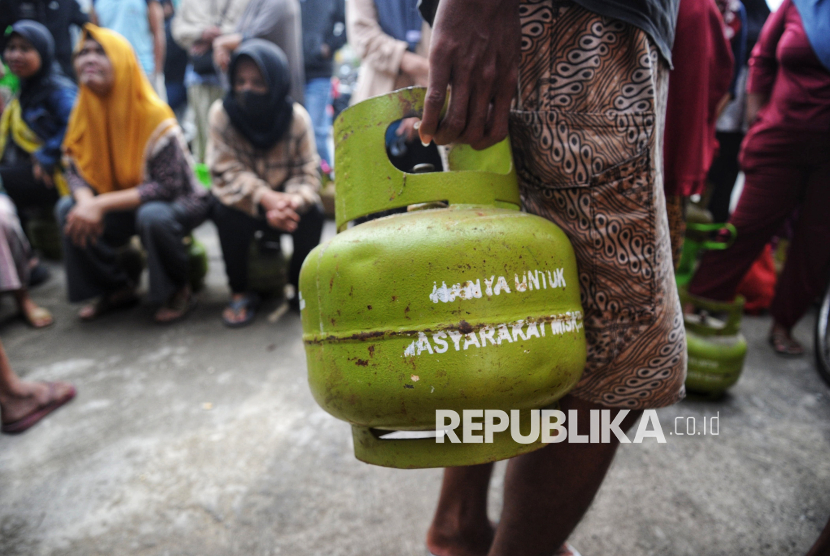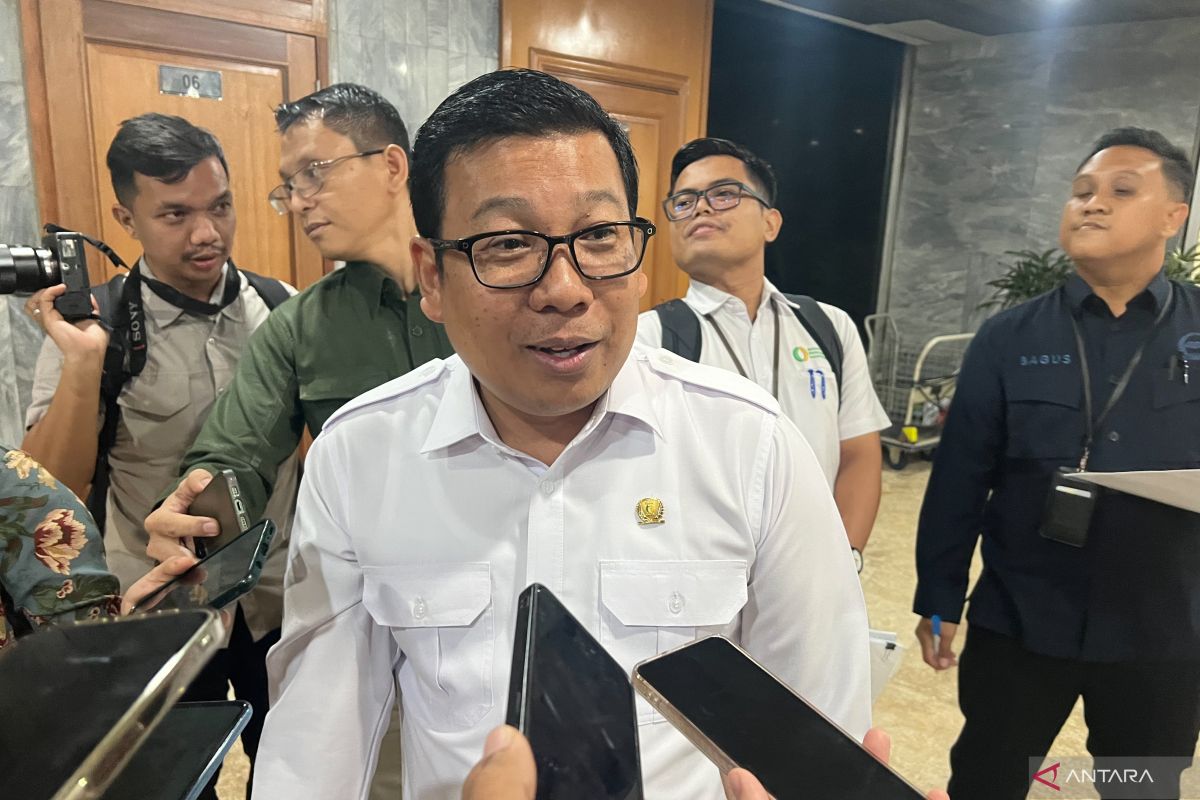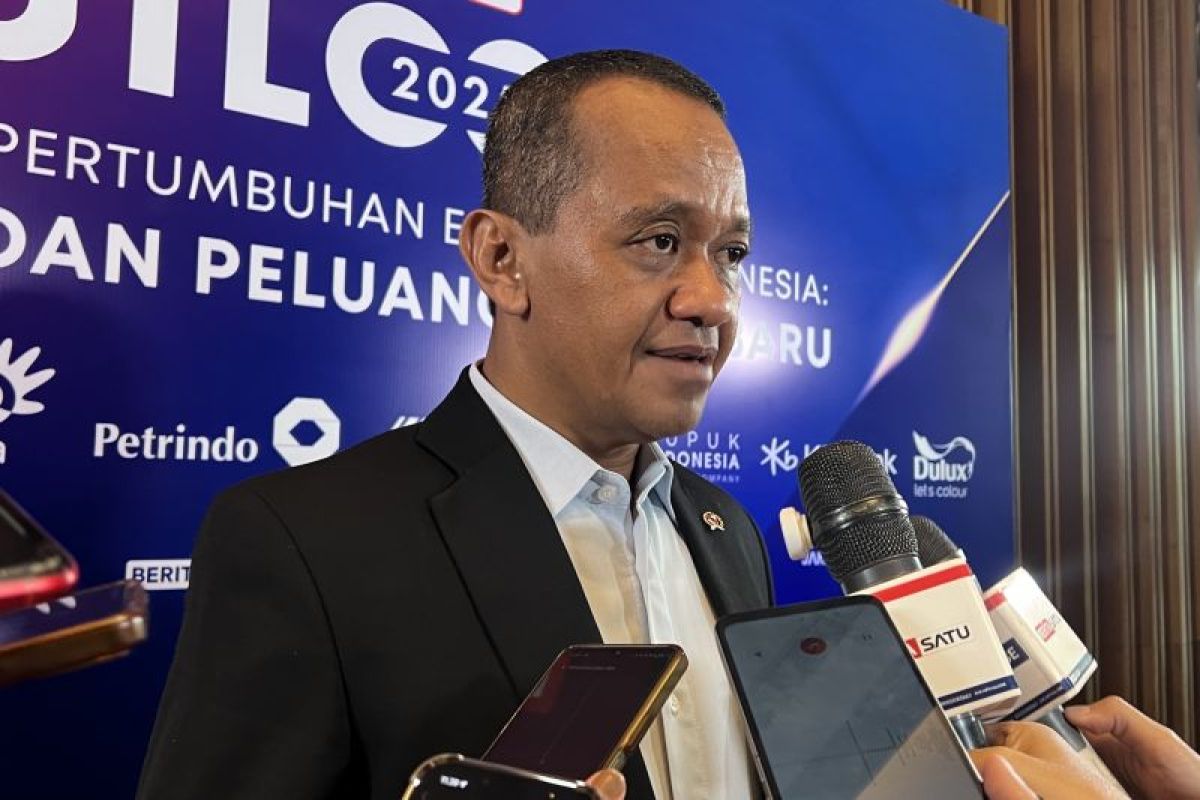Survey: Ministers' Bad Behavior is the Highest Contributor to Public Dissatisfaction with Prabowo
The behavior of ministers & economic policies that are less pro-poor have contributed to public dissatisfaction with President Prabowo, survey says.

TEMPO.CO, Jakarta - The behavior of ministers and economic policies that are less pro-poor have contributed to public dissatisfaction with President Subianto's government, according to a survey conducted by KedaiKOPI.
The KedaiKOPI survey institute released a 100-day opinion survey of the Prabowo-Gibran administration. KedaiKOPI Research Manager Ashma Nur Afifah said respondents gave 12 reasons why they were dissatisfied with Prabowo's performance in the 100 days since being inaugurated as president.
"The inappropriate behavior of ministers or officials and less pro-poor economic policies and the lack of significant changes are the reasons for dissatisfaction with Prabowo-Gibran's performance," said Ashma during the survey release at the KedaiKOPI office, South Jakarta, February 5, 2025.
The survey was conducted by KedaiKOPI on January 23-29, 2025. Prabowo's government will be exactly 100 days old on January 28. The survey was conducted using the Online-Computerized Assisted Self Interview (CASI) method with 1201 Indonesian respondents aged 17-55 years.
As many as 68.2 percent said that the inappropriate behavior of officials or ministers made them dissatisfied with Prabowo. Meanwhile, there were 67.9 percent of respondents who were dissatisfied. They felt that Prabowo's economic policies were not in favor of the common people. Followed by 64.8 percent of respondents who were dissatisfied because there were no significant changes from the previous government.
The decisions or policies of the Prabowo government that caused controversy also contributed to public dissatisfaction. Around 61.8 respondents who were dissatisfied chose this fourth reason. The fifth reason was priority programs that did not meet expectations with a percentage of 56.4 percent.
The lack of government transparency was in sixth place as a reason for dissatisfaction with Prabowo with 48.2 percent of respondents.
However, in general, 72.5 percent of respondents said they were satisfied with Prabowo's 100-day performance. This means that on a scale of 1-7, 7 out of 10 respondents are satisfied or an average of 6.86 are satisfied. Meanwhile, 27.5 respondents said they were dissatisfied.
Based on the age category, the highest satisfaction was conveyed by generation Z, the generation born in 1997-2012, with a percentage of 81.1 percent. Meanwhile, generation Z who were dissatisfied were around 18.9.
As for the age category of generation Y or millennials, the generation born in 1977-1994, as many as 75.4 percent. With 24.6 percent of generation Y surveyed admitting to being dissatisfied. Then, generation X or those born in 1965-1976 as many as 49 were satisfied. "Meanwhile, generation X who were dissatisfied were 51 percent," said Ashma.
Previously, Litbang Kompas and Indikator Politik Indonesia released a survey of satisfaction with the Prabowo government. Indikator Politik Indonesia reported that public satisfaction with the performance of Prabowo and the Red and White Cabinet reached 79.3 percent. Meanwhile, a survey conducted by Litbang Kompas showed a satisfaction level of 80.9 percent.
Deputy for Protocol, Press, and Media of the Presidential Secretariat, Yusuf Permana, stated that the high level of public satisfaction with the 100 days of work of President Prabowo and Vice President Gibran's administration is a motivation for the government to continue to improve performance and meet the people's expectations.
"The government welcomes the survey results which show a high level of public satisfaction with the performance of President Subianto and the Red and White Cabinet in the first 100 days of office," said Yusuf in his statement in Jakarta, January 28, 2025.
Yusuf also said that the results of this survey are a driving force for the government to continue to improve performance. "This public satisfaction will certainly be a motivation as well as a responsibility to continue to work smarter, harder, consistently, and innovatively in meeting expectations and improving the welfare of the people," he said.
Hendrik Yaputra contributed to writing this article.
Editor's Choice:
to get the latest news updates from Tempo on Google News


